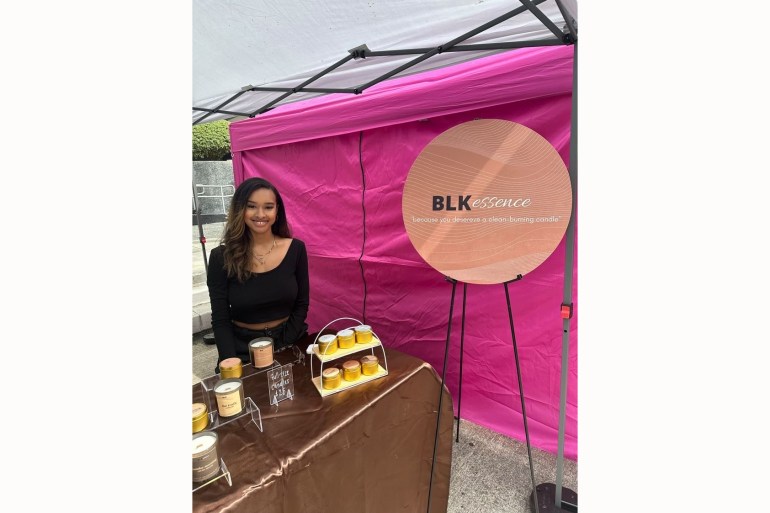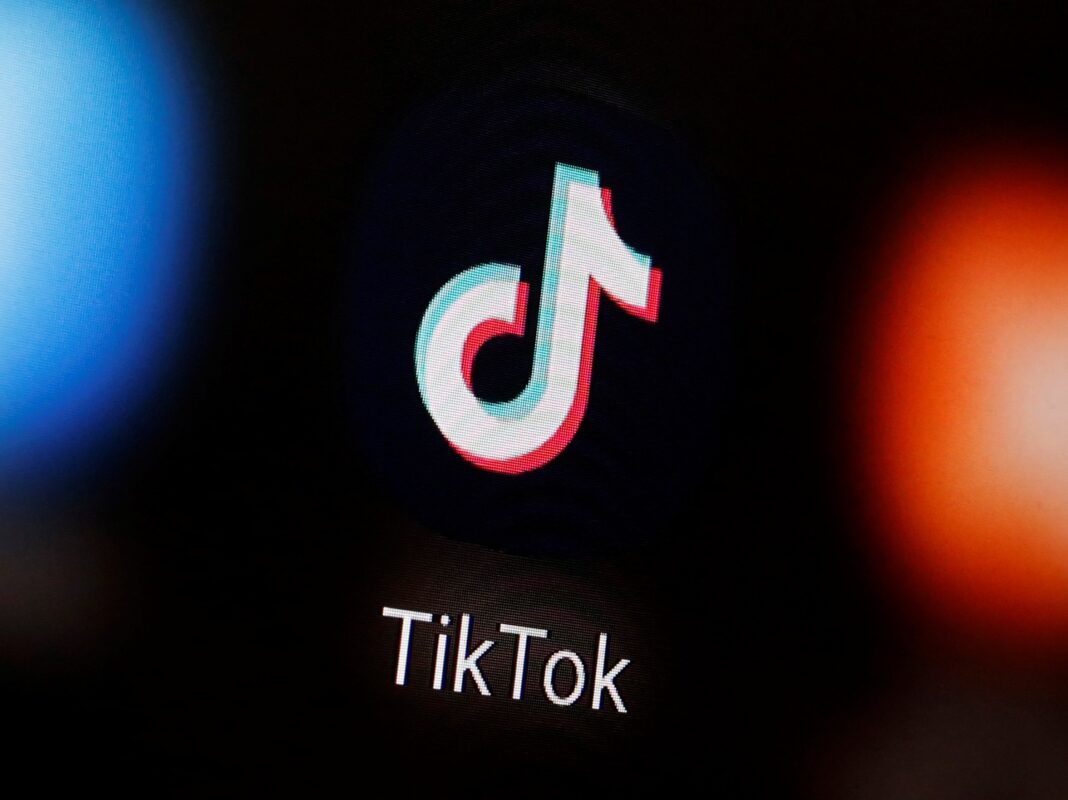TikTok is a lot like the young people on its platform – difficult to control.
Earlier this year, the fate of the short-form video app in the United States hung by a thread as several states looked to imposed restrictions on its use, and one state, Montana, legislated on a ban. And yet, TikTok seems set to enter 2024 on solid footing. After all, which political party would want to start an election year banning a platform on which 150 million mostly-young Americans spend their lives?
The app survived a year in which its CEO was subjected to a five-hour US Congressional grilling in March, the app was banned on federal government devices, and lawmakers called for a broader ban on the app, calling it “spyware” and “digital fentanyl”.
While the obstacles in its path since then may not have vanished, they seem to have diminished in size. A federal judge blocked a ban on TikTok in Montana at the end of November, a PEW survey released earlier this month showed that fewer Americans supported a federal TikTok ban than they did earlier in the year, and Congress won’t take up legislation addressing foreign-owned apps like TikTok this year.
While no astrologers were consulted for this piece, it’s fair to say the stars seem to have aligned in favour of TikTok as it enters 2024.
The new year is unprecedented, with elections in over 70 countries, including the US.
“This is the first time TikTok will be front and centre as an app for political news and views in an election year, a particularly tricky path for TikTok to walk down,” said Katie Harbath, founder and CEO of technology policy firm Anchor Change.
“The platform will have to make decisions that companies like Meta and Google have had to do in the past. Candidates will want to reach voters on the platform, the way the Biden campaign is working with TikTok influencers,” she added. Harbath was previously public policy director for global elections at Facebook, now Meta.
Harbath said Democrats won’t be the only ones forced to use TikTok to reach young voters. Republicans, including the likes of Nikki Haley, who have called for a TikTok ban, will have to do a mea culpa and use the app for their campaigns, she said. “Eventually, the place where the voters are will win,” Harbath pointed out.
While TikTok may not be going away anytime soon, it will have to navigate tricky regulatory waters, something Harbath believes the company is adept at, given that it has hired veterans from other tech platforms and has worked at winning over the broader public.
While conversations around TikTok being forced to divest from its Chinese parent company, ByteDance, seem to have died down for now, the proposition is not dead in the waters, she said. Irrespective of which party wins elections next year, ByteDance will be pushed to sell TikTok’s US operations to an American company, she said.
“A sale would depend on whether investors see a real challenge for TikTok to continue being associated with ByteDance. This could depend on broader geopolitical issues, like China’s actions in Taiwan,” Harbath said.
The controversy over TikTok stems from fears that it could spy on US citizens on behalf of China. FBI director Chris Wray called the app a national security risk, adding that Chinese companies were forced to do whatever the Chinese government wanted them to “in terms of sharing information or serving as a tool of the Chinese government”. He feared China could harness the app to influence users.
TikTok’s CEO Shou Zi Chew, in his testimony before the House Energy and Commerce Committee in March, said, “TikTok has never shared, or received a request to share, US user data with the Chinese government. Nor would TikTok honour such a request if one were ever made.” He has said repeatedly that ByteDance was not owned by the Chinese government, and that 60 percent of the company was owned by global institutional investors.
Whom to believe

At the heart of the TikTok debate lies the question of whom to believe. “We don’t have enough information to make that call yet,” Harbath said.
Harsh Taneja, associate professor of New and Emerging Media, University of Illinois Urbana-Champaign, who has researched audience measurement regimes across the world, pointed to the inherent difficulties with accessing data about platforms today, an issue that is not limited to TikTok.
The problem, said Taneja, is that data on tech companies is being provided by the company itself, unlike an earlier era where organisations like Nielsen collected data on television viewership and content. “The data was being collected by a third party that was neither an advertiser on the platform nor the platform itself,” he said. “We had more visibility into viewership data, whereas today data use on tech platforms is opaque.”
Taneja said the calls to ban TikTok in the US were ironic, given that, a decade ago, Hillary Clinton likened China’s internet firewall to a “new information curtain,” a Cold War reference to the “iron curtain”.
While American politicians have accused TikTok of addicting kids and polluting young minds, Taneja said some of the panic around TikTok is similar to the panic around television in the 1970s, when the adverse effects of television on children was a hot topic, and communications theories focussed on how television would cultivate violent views of the world and promote crimes.
There is also a huge generational divide between those who use TikTok and those who are legislating over the platform, Taneja said.
“Almost everybody who has the power to do something consequential about the platform is not, most likely, part of its 150 million user base in the US, and certainly not an active user,” he said.
TikTok is now an important part of the cultural fabric of a segment of the country and a place where people channel their creative talents.
Banning it would have negative consequences on the creator economy, he said.
‘Where we go to learn things’
![Users on TikTok, Amy Zhang [Courtesy of Amy Zhang]](https://www.aljazeera.com/wp-content/uploads/2023/12/image_123650291-1703257776.jpeg?w=770&resize=770%2C513)
Chantal Winston, a young Black woman who posts videos of herself making candles is one of five million businesses on the platform, many of which are small businesses.
“When I launched my nontoxic candle business, BLKessence, in 2020, I didn’t even think about creating a TikTok account. Once I started creating candle-making TikTok videos in 2021, I wished that I had done it a lot sooner,” she told Al Jazeera. The behind-the-scenes videos of how she makes candles have got her new business, she said.
For novelist Amy Zhang, TikTok is fun “because it is unserious”.
She writes way less in periods when she is making videos on TikTok, a lot of work in itself. “To consistently put out videos, you have to do a lot of scrolling, saving sounds and seeing what people are engaging with. So when I’m actively scrolling, I’m not so much reading or writing. When my book came out earlier this year and I was trying to post every day, it was difficult to focus on anything else. Now that the initial [book] release period is over, I’m just having fun,” she told Al Jazeera.
“It’s hard not to feel threatened by the short video format, or to compare the audience size for a video that took one hour to produce versus the reader pool for content that takes one year to write,” she added.
Not all young people on the platform use it to post videos. Yashvi Tibrewal, a 25-year-old marketing professional based in the San Francisco Bay Area, uses the app as a search engine. The majority of her friends do so, too. “It’s where we go to learn things,” she said.
News reports have repeatedly written of TikTok replacing Google as Gen Z’s search engine. Taneja, a scholar of audience behaviour, says the platform a group of people use the most is the one they use for everything, including news.
While much of the TikTok debate focuses on its ties with China, many young people in America, like Tibrewal, are more concerned about US-owned companies towing the US government line, particularly on subjects like Middle Eastern politics. For instance, Meta-owned apps have been accused of censoring Palestinian content.
“We’re sceptical about what American-owned companies are doing algorithmically,” says Tibrewal. That TikTok is not owned by the US and is not as involved in US government policy is something that has piqued the interest of her generation.







